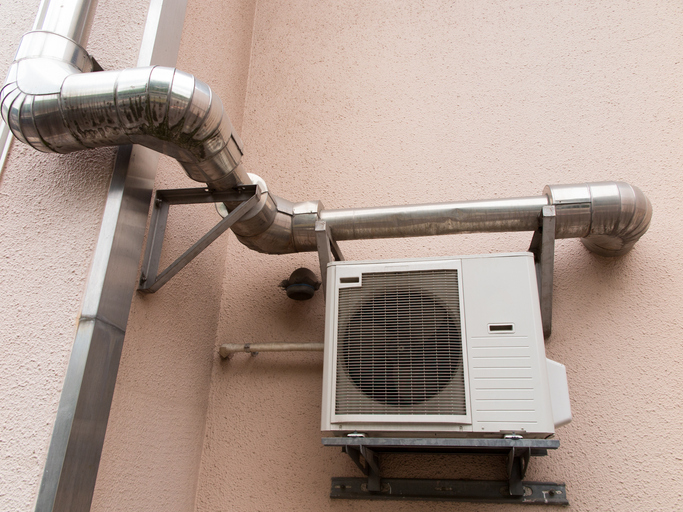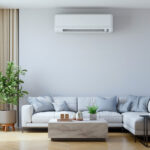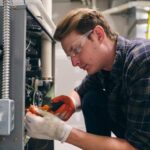
Understanding the Role of Insulation in Maximizing HVAC Efficiency in Arizona
The extreme heat of Arizona’s summer and the bitter cold of winter make an efficient HVAC system critical. Insulation can improve the efficiency of your heating/cooling system, keeping your home comfortable. Following is information about the importance of insulation and where to place it for best results.
How Does Insulation Affect HVAC Efficiency?
Inadequate or insufficient insulation allows air to escape through attics, walls, and floors, making your HVAC system work harder, consuming more energy, and causing cold/hot spots in your home. A well-insulated house reduces heat transfer and results in the following:
- Reduced energy consumption: A poorly insulated home causes the HVAC system to work longer and harder to compensate for heat gain in summer and heat loss in winter. This results in high energy consumption. A well-insulated home reduces strain on your system, reducing energy consumption.
- Increased equipment lifespan: Lack of insulation causes your HVAC system to overwork, increasing wear and tear and leading to a shortened lifespan. A well-insulated house contributes to an efficiently functioning HVAC system, increasing its lifespan.
- Greater indoor comfort: A well-insulated house maintains a consistent indoor temperature, enhancing comfort and reducing wear and tear on your HVAC system. Cold drafts and hot spots are eliminated.
- Improved air quality: Proper insulation reduces infiltration of outdoor pollution, allergens, and moisture. This is good for you and your HVAC system.
- Reduced costs: Insulation improves energy efficiency, lowering utility bills.
Where Should You Place Insulation To Improve HVAC Efficiency?
The following are key areas to insulate for improvement of HVAC efficiency.
- The attic is a prime area of heat gain/loss. Insulating this space prevents warm air from escaping in the winter and keeps hot air out in the summer. Try blown-in cellulose, spray foam, or fibreglass batts.
- The walls: Ensure sufficient insulation in your exterior walls, reducing heat transfer. Consider cellulose, foam board, or fibreglass insulation.
- The floors above the garage or crawl space may allow heat transfer. Use spray or rigid foam insulation to create a thermal barrier.
- The ducts: Insulating your ducts prevents energy waste, ensuring hot/cold air reaches the intended areas.
Insulation plays a critical role in increasing the efficiency of an HVAC system. Invest in sufficient insulation to reduce energy consumption, save money, enhance comfort, and prolong the lifespan of your system. Insulate the attic, floors, walls, and ductwork. The result is a more comfortable, energy-efficient home.
Is your HVAC system operating less than optimally? Do you need help ensuring HVAC efficiency? Does your heating/cooling system need repair or maintenance? Contact McMillin Air for help. We design, install, and service heating/cooling systems.








0 comments